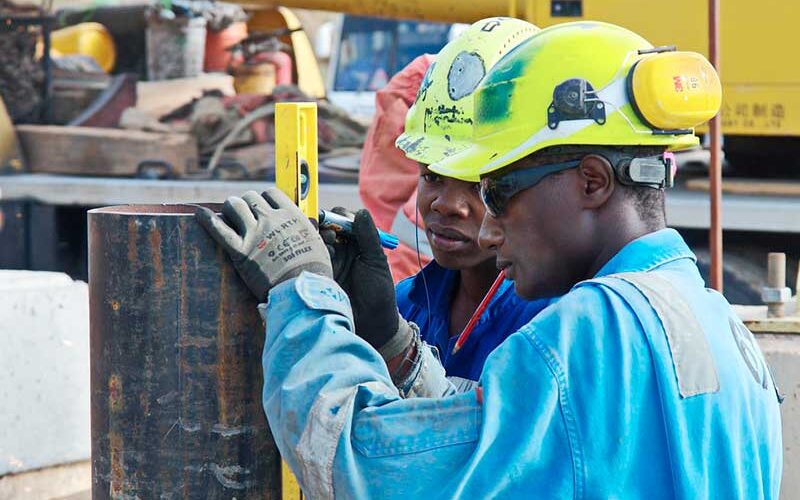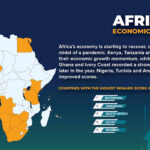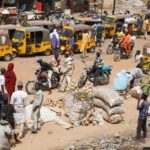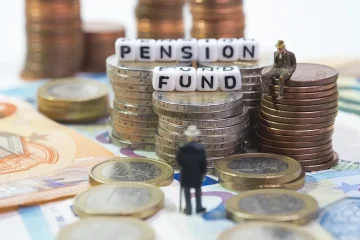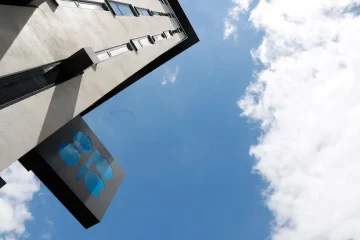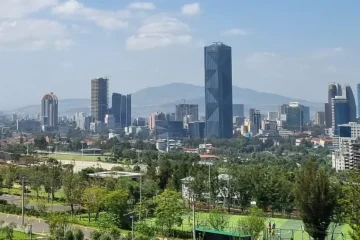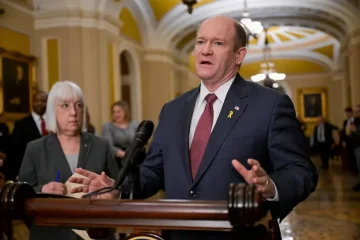ADAM MOLAI
WHILE Covid-19 has dealt a blow to the world economy, the portents for Africa are, according to those seemingly in the know, much more ominous.
The African Development Bank estimates that Africa has lost a “decade of economic growth” due to the Coronavirus pandemic and predicts Africa’s recovery will be long and difficult while the UN Development Programme’s “The socio-economic impact assessment of Covid-19 in South Africa” study projects that South Africa – the continent’s second-biggest and most industrialised economy – will take five years to recover.
From virtually all quarters it is accepted that Africa is back in the red after decades of being in the black.
This pessimism is however extremely short-sighted.
Contrary to the prevailing view that the pandemic has dealt a mortal blow to the Continent’s economic prospects and development, I believe COVID-19 could be the birth of Africa as the alternate supply chain for the world.
What has Covid-19 taught us?
Beyond providing a reality check of man’s vulnerability to nature, the pandemic has also highlighted the risks of concentrating the source of production in one country. Covid has reinforced the dangers of the world’s over-reliance on one source of production: China.
As the world looks to create a “new normal”, everyone is searching for alternate sources of production to mitigate their risk.
And the answer, quite simply, is Africa.
Possessed of a young population, abundant raw materials, low cost of labour and an ability to scale quickly, Africa is the only viable solution.
The old corporate truism that people are a company’s most important resource is true too for countries.
Africa has the world’s youngest population with a growing labour force (Africa is expected to have the world’s largest working-age population of 1.1 billion by 2034) – a highly valuable asset in an ageing world.
Add to this the low cost of labour, and you’re starting to complete the puzzle for success.
From its emergence as the world’s factory with some of the cheapest labour around, CNBC reported in 2017 that Chinese factory workers were being paid average hourly wages of $3.60 in 2016, on par with South Africa which has by far the highest average hourly wages on the continent.
This gives Africa a crucial competitive edge.
Thirdly, Africa possesses abundant raw materials – that’s another puzzle piece already in place.
Finally, technology and globalisation are ensuring that Africa increasingly possesses the ability to scale quickly, completing the final piece of the puzzle.
So, the idea that Africa can easily become the world’s alternate supply chain is not just navel gazing.
The biggest impediment to Africa’s rising is not what does exist, it’s what doesn’t – namely institutional capacity and political stability.
In a nutshell, politics and politicians are what will hold Africa back from becoming the alternate supply chain in the world.
The politics of the continent is unfortunately highly personalised, focussed on pleasing or meeting the demands of whomever is in power rather than guaranteeing sustainable regulatory certainty.
When an investor’s greatest fear is what happens when there is a change in government, it is difficult to persuade them to invest in your country for a long time. When an investor is always concerned about the insecurity of politicians, they are not going to be confident in the security of their return on investment despite the great opportunity.
The second big challenge Africa faces is its lack of strong institutions.
Strong institutions foster regulatory and policy certainty which ensure seamless political transitions, placing a lot less importance on who is occupying political positions.
Unfortunately, most governing political parties in Africa end up destroying state institutions rather than strengthening them – thereby weakening confidence in their countries and the Continent.
This has created a massive trust deficit between ordinary Africans and governments, which has been exacerbated by the Coronavirus pandemic.
Just as the world has come to the realisation that there is no returning to the old ways of doing business or operating, so too do African politicians need to realise the world they knew is a thing of the past.
And that Covid-19 provides them with a unique opportunity to set Africa on a path which emulates China’s.
Rather than focus on how to exploit public resources or create tenderpreneurs (people who use their political connections to secure government contracts for personal advantage), they should open their markets to encourage entrepreneurial activity.
More open markets – ones that are accessible to all players in the market – will result in increased access to cheap and patient capital – which is crucial for entrepreneurialism to thrive.
As to that, African governments also need to rethink their over-exaggeration of foreign direct investment as the most important source of growth for African economies. While foreign investment is always welcome, they need to realise it is not the cure-all for Africa’s problems.
Domestic investment and entrepreneurship are.
Foreign investors take their cue from locals. Confidence, like Covid-19, is highly infectious – if Africans have confidence in their economies, foreigners will too.
As for entrepreneurial nous, Africa certainly has no lack of it.
Entrepreneurs thrive where there is opportunity. Wherever there is adversity, there is opportunity. And Africa – which has unfortunately always been rife with adversity – provides a lot of opportunity for the intrepid.
What has the Coronavirus pandemic wrought, if not adversity on a global scale?
It has left those more used to comfort and luxury seeing only a bleak future ahead.
But for many Africans these are the conditions in which we have learned to thrive.
Covid-19 has therefore granted Africans a unique opportunity – if politicians come to the party – to harness all the tools at our disposal – our youth and energy, abundant resources, low cost of labour and ability to scale up quickly – to become the world’s alternate source of production.
And in so doing, we will finally take our place in the sun.
- Adam Molai, an African industrialist and founder of TRT Investments which manages a diversified sector portfolio and operations in Nigeria, South Africa, Zimbabwe, Zambia, Mozambique and Botswana, and whose latest interests have seen a foray into the US and European markets.

